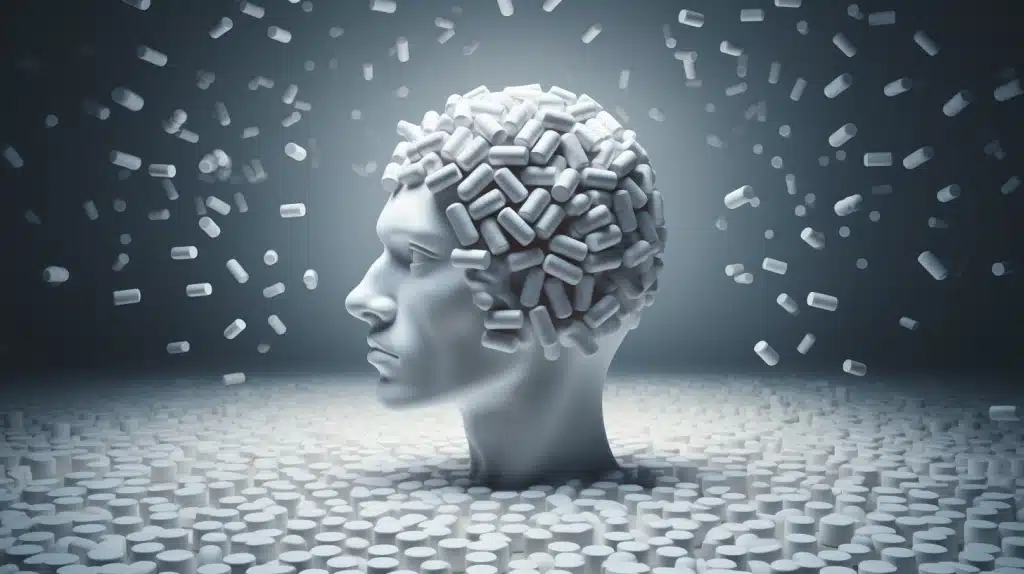Cerebellum Activity Predicts Euthymia (Stable Mood) vs. Depression in Bipolar Disorder (2024 Study)
Bipolar disorder (BD), a complex and multifaceted mental illness, manifests through various mood states including depression, mania/hypomania, and euthymia. Recent advances in neuroimaging, particularly resting-state functional magnetic resonance imaging (fMRI), have shed light on the intricate dynamics of brain activity underlying these mood states. A new study employing dynamic fractional amplitude of low-frequency fluctuations (dfALFF) …






